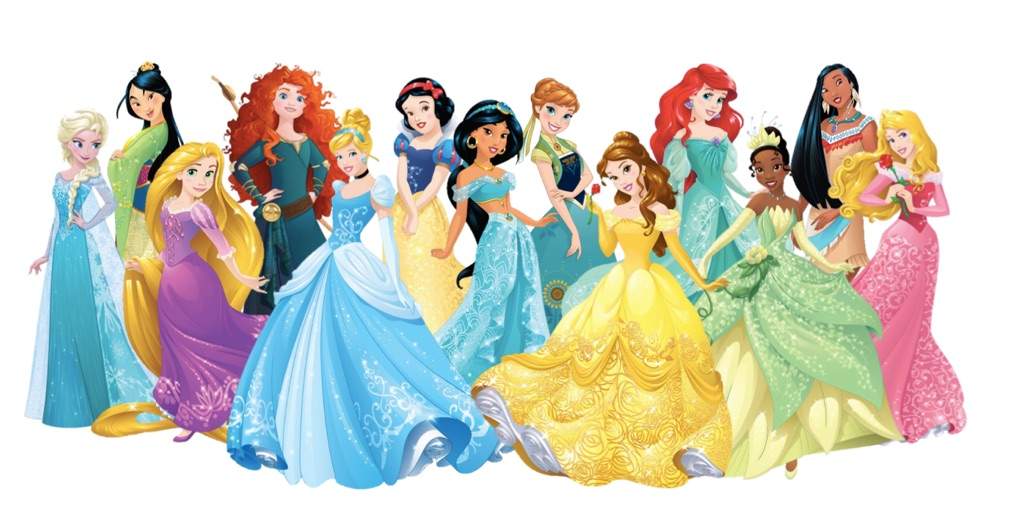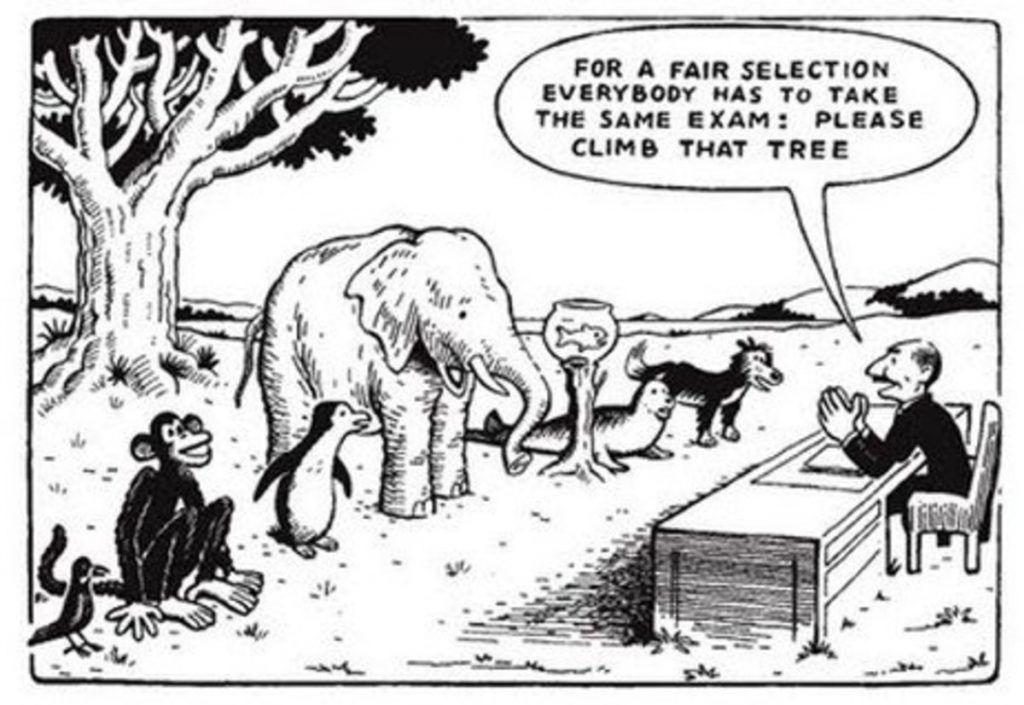Blog 10 12/5

Although I feel as though my initial observations and perceived goals were pretty accurate, I realized quickly that it was going to take a lot more effort than I thought. I included my first exam grade to show that I did not properly prepare myself for the first few modules. I incorrectly believed that a lot of the questions would be reasonably obvious answers, which simply was not the case. I am glad I was met with the harsh reality early on in the semester before it was too late to recover. Knowing where I made mistakes was the first step to moving forward in this class successfully, which I believe I did, although I still struggled with APA format for assignments (still need to figure out where I went wrong, actually). One thing I would change is my approach to the course and not assuming I was already keen to the subject. I do not feel overall my feelings about cross cultural psychology has changed, but rather my initial understanding of it. I do feel I have met the objectives of the course overall and have greatly enjoyed this humbling, although extremely beneficial, semester. I will use my understanding of specifically different cultural/religious values to better help immigrant patients I may have in the future.
Blog 9 11/21
I have learned a lot in this course. This has been my first cultural psychology course and it has been crucial to my education and goal of becoming a competent behavioral therapist. Three things that have stood out to me is that Americans aren’t as unique as they think, culture drastically effects personality, and the barriers/problems it can create as someone in a potential human service field. My favorite assignment has been assignment two with the “Values Americans Live by” by Kohls. I found the piece so intriguing, I sent it to my family and friends. I have connected it to much of my work in this class, such as our last assignment 5. I wrote about the differences in American and Chinese culture, where Americans highly value individualism and uniqueness in the classroom, although in reality Americans are not that unique, highlighted by the overwhelming two party system that shapes policy in the United States. I have also connected a lot of the work in this class to my human service class that I am currently taking. It will be crucial that, as a future human service (or human service-related) professional that I am aware of different peoples’ culture and how it will impact the care I need to provide.
Blog 8 11/14

I have noticed in my limited time with other cultures that Americans tend to be more vocal about their emotions, sometimes almost to an embarrassing extent. I think this shows, in some ways, the informalities of American culture compared to other countries, especially ones such as Japan, as noted in the “Emotion Perception Across Culture” article included with this assignment. Some cultures may even consider Americans’ abrasive and rude for some of the ways they may express themselves in public especially. For example, many privileged white women have been dubbed “Karen’s” when videos expose them for acting in rude and offensive manners, usually with some type of yelling and frustration. These women are, from what I have seen, exclusively American. Other cultures would typically frown on such behavior, rightfully so.
Personally, I do not have a lot of experience with people from other cultures that are not already adjusted to America. When I have, I have found them to be pleasant, usually more reserved, and polite. This falls in line for my expectations because I do find that Americans can be rude sometimes. I think this displays cultural display rules as many cultures are much more formal than our own. I respect this for the most part, although I think there are certain times where it is okay to express your emotions if it is in a manner that is not over the top.
I included this image because of how the article discusses how different cultures look at different parts of the face to tell emotion.
Blog 7 11/7
Over written history, it has become apparent that ‘fairy tales’ often reflect cultural norms at the time, which can be different across cultures as well, especially ones’ that would be considered less tolerant than others. Back when Walt Disney started making the films we are so accustomed to today, typically based off much older tales, times were very different. Disney himself was known to not be tolerant (I don’t know if it was confirmed, but I believe he was a known anti-Semite). Over the years, especially the last two decades, our ideas of fairy tales have begun to challenge the norms that once seemed so strict. Gay couples are beginning to become normalized in our favorite pixar flicks (Finding Dory), princesses are the protagonists’ of their own stories without male counterparts (such as Moana), and all types of backgrounds are being represented. Today’s youth are finally at the very least starting to see someone they can relate to on screen. One of my favorites has to be Tangled, because even though there is a male love interest she is a strong female character and their love story is not the primary story line. My personal favorite feminist ‘super hero’ was Buffy from the popular show Buffy the Vampire Slayer, who wasn’t strong despite her femininity, but because of it.
https://aminoapps.com/c/cartoon/page/blog/are-disney-princesses-sexist/vd7I_nunG1K3v1VMQPEBqENrVVV0m1r

Blog 6 10/31
Self determination theory highlights the need for autonomy, competence, and relatedness. In the context of academics, I personally fulfill these needs by taking reasonably self-regulated classes online. Some people find online classes harder because you have to discipline yourself rather than a teacher telling you exactly what to do. Because of COVID, many students have had to adjust to their academic autonomy while taking online classes. It was not as hard for me because I have always primarily taken online courses. For competence, I am able to use the materials provided in the online course well rather than disregard small details. Competence is all about being able to interact well with your environment, which for me is online course material. I am still working on taking better and more organized notes for online classes. For relatedness, I have not necessarily been good about interacting with other kids in classes I am taking. For what every reason, I never joined a group me, and even when I was on campus I hardly participated in group activities unless I had to. I fulfill my relatedness needs outside of school, which seems to be working okay for me.
I am including a picture of group work because it is something that I want to do more of before I graduate, because I do actually enjoy it. Many people love working in groups and can improve academic success.

Blog 5 10/24 If I had to pick ten adjectives that described me, or how I view myself primarily, they would be considerate, detail-oriented, determined, hard-working, family-oriented, spiritual, educated, grateful, strong, and conscientious.
I believe that traits associated with independence are detail-oriented, determined, hard-working, educated, and strong. I believe the traits associated with interdependence are considerate, family-oriented, spiritual, grateful, and conscientious.
I think I am a more interdependent person overall. I place my relationships (friendships, family, spouses) at the highest importance, and I feel as though I live my life with the goal to help other people and the world at large, not just myself.
I was a little confused about the English proverbs question, but I believe it easier to find ones’ about independence in our culture, given that people strive so hard to be, or what they believe to be, different and unique. I, like many others, would have this tendency because of America’s culture of placing so much value on that concept.

Blog 4
I was not pleased with my grade from Exam one, and it is entirely my own fault for not dedicating more time to studying in the coming weeks before the exam. I was very busy outside of my school work, but this is no excuse to perform poorly in a class that I do care a lot about succeeding in. I did not take very good notes these last couple modules, as they were very organized and hard to sort through. In all honesty, I tried to cram for the test in the few days before the due date. This is not an effective study method and NOT one I usually use or will use in the future!
For the following tests, I definitely plan on spacing out the very helpful review sheet provided to us and using all resources I can prior to the test to prepare myself. I have always found flash cards in particular are handy for me personally, I just need to set the time aside to make them for applicable concepts/definitions.
For my visual representation for this blog post, I included a picture of what my notes should have looked more like in preparation for the test. I only included items that were on the review not the actual test, which as far as I know is okay (hopefully!).

9/26 Blog 2
The main reason I wanted to continue my education is so I can further my career in helping people, specifically children. I have essentially reached the top of my current job situation (Early Childhood Educator) I can without a degree. I want to continue working hands on with children, and behavioral therapy for children seems like a perfect fit for what I want to do. To be able to reach this goal, I have to continue my formal education, as well as learn as much as I can along the way other than just credentials that will help me become the best Ican be for the children I work with.
Another (somewhat contrasting) life value that I think helped my continued education is self-help. I want to be able to provide for myself and live a comfortable lifestyle, and one day have a family. I don’t want anyone to have to pay for me, whether it be family or a husband. I like earning the money that I spend, and college seemed the right path for me to go on, as I didn’t feel trade school or heavy labor were particularly up my alley. I know this may sound a little straightforward, but I think we would all be somewhat lying to ourselves if we said one of our main goals of going to college is NOT getting a well-paying job with financial security.
I am extremely fortunate that I am able to easily attend college, and the way I have gone about it has not been very much financial strain on me and my family. This is truly a blessing. Education was always so important to me, I can’t even imagine how frustrated I would be if I wasn’t as fortunate. Even at my most rebellious times I always wanted to get my degree. My parents have always been really supportive of me going to school, as they also graduated college, with my mom even going further to get her doctorate. I do feel as it would of been a disappointment to my family if I hadn’t chose this path, although I don’t think it would of stopped me if I had felt passionate about doing something else and could show them it was a legitimate lifestyle. My high school counselor was also helpful with pointing me in the right direction, even though I know he saw tons of students in a large school. I got to get a little more help than most, as I was often in the guidance department as I opted to graduate high school in 3 years rather than the traditional four, so it took some string-pulling on their end.
I scrolled through a lot of photos and determined that because of my lack of on-campus activities and even in-person classes, I have no actual photos of me doing anything very college like. I don’t even have an ODU student ID, despite attending the school for over two years. I’ve never needed it given I take almost exclusively online classes, which also means I do not have a pile of textbooks to take a picture of either, as I mostly rent them digitally or take included courses. I transferred from Tidewater Community College and almost never spent time on campus there either. For me, it was all about the education rather than the college lifestyle part, so you will rarely find me around campus. For lack of better options, I will just be including a picture pulled from the internet of someone studying.

9/19
As a psychology major looking to go into behavioral therapy, it is crucial that I am aware of different cultures and their effects on behavior, especially in children, the group I plan on primarily working with. The course objectives that are outlined in the syllabus directly address that. The main objective that I particularly want to work on is integrating my knowledge to the outside world. Learning all of this information in school and doing well in classes won’t necessarily guarantee that I would be successful at being a therapist if I cannot apply my knowledge to real life situations or scenarios. To help myself achieve this goal, I am going to constantly be thinking of cross-cultural psychology concepts as I go about my day, especially when I am working in my classroom. I will approach situations with more knowledge of cultural differences. Obviously not everywhere I go there are going to be huge cultural differences, but I will do the best I can to apply my knowledge in varying ways in my regular life. To help me specifically succeed in this class, I am going to work harder at taking more organized notes as my handwriting is messy and my thoughts usually are all over the place, or perhaps use flashcards to practice important concepts. I am very familiar with online courses, so following the schedule and self-regulating myself to complete readings/assignments will not be as much of an issue. I have a lot of sympathy for my classmates who moved to online classes due to the pandemic and were not already familiar with the general idea. I expect this class to open my eyes more to cultural diversity’s effect on the human brain and the way it functions.
As I stated above, my note taking is rather messy and unorganized. I chose to select this cartoon to depict some of the concepts we have been going over in the readings/assignments. The different animals are obviously a metaphor for humans, and although I think it could be viewed with a couple different meanings, I take it to mean people from different walks of life, perhaps from different cultures or with different skills that are often culture-related, cannot be asked to perform the same tests to measure their abilities. This is especially important for children in a classroom setting.
